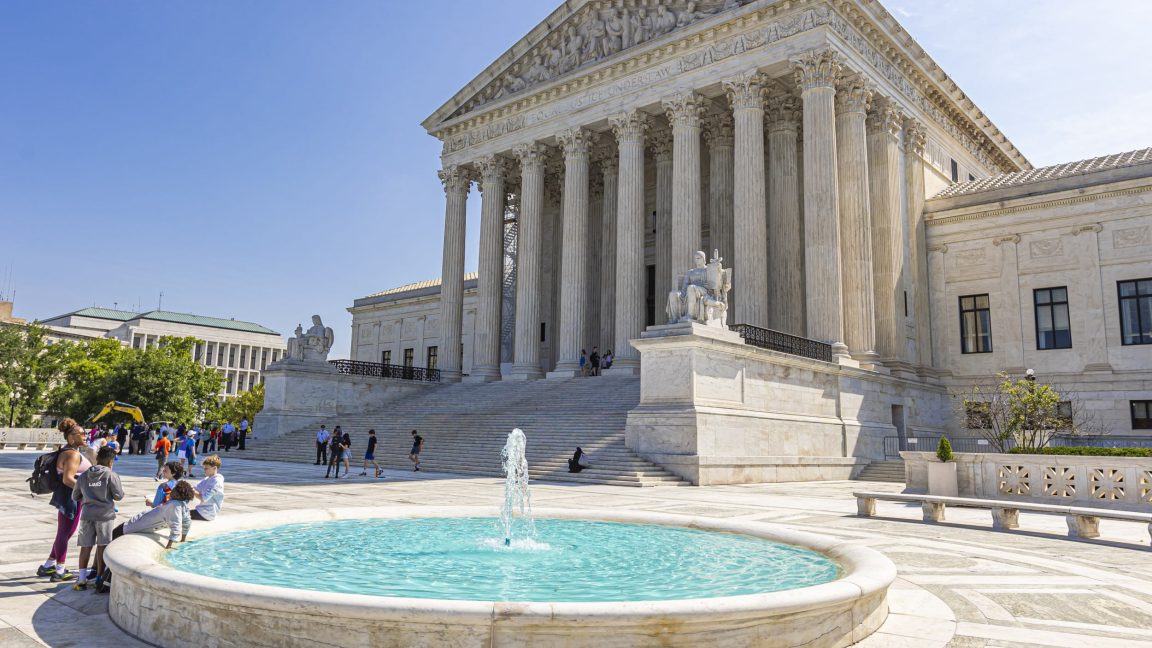Four more large Internet service providers told the US Supreme Court this week that ISPs shouldn’t be forced to aggressively police copyright infringement on broadband networks.
While the ISPs worry about financial liability from lawsuits filed by major record labels and other copyright holders, they also argue that mass terminations of Internet users accused of piracy “would harm innocent people by depriving households, schools, hospitals, and businesses of Internet access.” The legal question presented by the case “is exceptionally important to the future of the Internet,” they wrote in a brief filed with the Supreme Court on Monday.



I like the end result that ISPs are pushing back on this, but don’t mistake this for altruism on their part.
Their businesses make money selling internet service. Were they to support cutting off those accused of piracy, they would be losing paying customers. Further, the business processes and support needed for this to function would be massively expensive and complicated. They’d have to hired teams of people and write whole new software applications for maintaining databases of banned users, customer service staff to address and resolve disputes, and so much more.
Lastly, as soon as all of that process would be in place to ban users for piracy accusations, then the next requests would come in for ban criteria in a classic slippery slope:
All the machinery would be in place once the very first ban is approved.
Plus, you aren’t disconnecting a person, but a whole family or business.
And since many areas in the US only have one provider, you force that family to cancel all streaming services they might have. It’s a lose-lose-lose situation.
I think a big problem we don’t want to address is now that we’re so interconnected, internet access is a necessity that should be classified as a utility. You can’t just cut off someone’s electricity without notification or process because they did something bad with it and it should apply here too